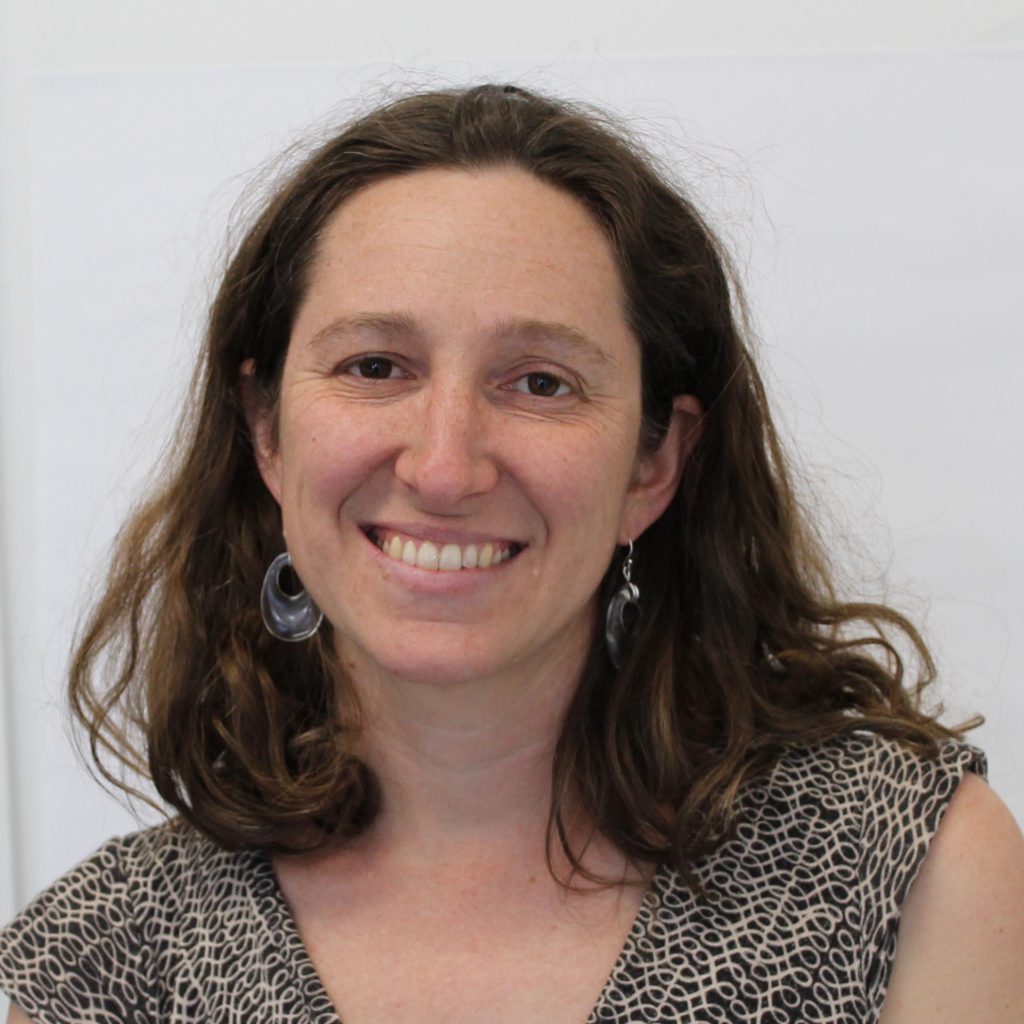Parent advocacy groups are empowering families to reimagine public schools. But sometimes parents are simply opting out as the ultimate form of empowerment. Chemay Morales-James was working as an equity coach providing consulting services to public school districts when she decided to homeschool her own children. A former teacher and mother of two from Watertown, Connecticut, she said, “I just started realizing that the education system was producing exactly what it was designed to do—to separate the haves from the have-nots.”
In 2016 she started My Reflection Matters, a consulting service to help parents and educators find classroom materials and tools that are culturally responsive and teach children the true history of who they are. That has developed into an in-person co-op for parents in her community, who meet one day a week from 9:00am to 2:30pm, and an online membership co-op, My Reflection Matters Village, for families from across the United States, Canada, and the United Kingdom. “What’s been beautiful is by having this virtual space with families, we’ve been able to co-create customized virtual learning for our families,” she said.
Now, parents’ experiences with remote learning under COVID-19 are causing more of them to follow Morales-James’ lead and homeschool their children or form learning pods with other parents to share learning oversight or the cost of hiring tutors. Equity-focused pods are springing up around the country to extend such options beyond affluent families. In August the National Parents Union offered mini-grants of up to $25,000 to make such alternative arrangements accessible to students who are traditionally underserved by district-run schools. Applicants had to show the plans were parent-driven and supported low-income families, communities of color, or under resourced families. (My Reflection Matters Village is not a grantee.)
The national network of parents and education advocates is using $700,000 from the VELA Education Fund, which is supported by the Walton Family Foundation and the Charles Koch Institute. These grants can be used by individuals and organizations to fund micro-schools, homeschool co-ops, and other “out-of-system” models. To date, 37 projects have been funded. Keri Rodrigues, the founding President of National Parents Union, hopes to raise about $2 million to fund 110 applications in total.
The grants range from Righteous Voice Mentoring, a homeschool pod started by a single parent of two in Madison, Wisconsin, to support and empower Black girls in grades 4 through 8; to a group of parents in the Greenbrier neighborhood of Charlottesville, Virginia, who want to offer scholarships for refugee families to participate in the kinds of small, in-person elementary school “pods” that are available to more affluent families; to a micro-pod for homeschooled middle and high school foster children in Roseburg, Oregon.
A nationally representative survey that NPU released in October found that 14 percent of parents said their children are participating in pods, and 89 percent said pods were “very/somewhat helpful” in terms of their children’s education. That figure rose to 96 percent for parents who identified as their children’s primary schoolwork helper.
“That’s pretty powerful to me,” said Rodrigues. “What it says to me . . . is that the toothpaste is out of the tube.” She and her husband decided to homeschool their own five boys this past summer, when their school district failed to provide clarity about what education would look like this fall.
“Parents are pissed,” said Rodrigues. “They are furious. They’re well aware of the fact that they have no power in these conversations, and they’re not happy about it.” Polls NPU has conducted since last summer consistently show that a majority of parents—especially Black and Brown parents—do not want to return their children to schooling as usual. “They want innovation,” she said.
Morales-James agrees that’s what draws families to her virtual co-op. “Families are coming here because they’re seeking support for themselves to shift away from schoolish ideas, beliefs, and practices into more self-directed learning,” she said. “Learning should be a joyful and natural experience. It shouldn’t feel coerced. It shouldn’t feel like something you just go through. I didn’t want that for my kids.”
Her virtual village now has more than 200 members. “The story from Black, indigenous, people of color is almost always the same,” she said. “[Parents say] ‘I’m tired of the system not teaching the truth about this country. I’m tired of having to constantly explain things to the teacher or the school district. I’m tired of the microaggressions. So, we just decided to pull them out or not be there.’ There overall seems to be this sense of emotional exhaustion.”
While Morales-James describes her equity consulting as harm reduction work, the goal of My Reflection Matters Village is “liberation education,” or designing a completely new system, she said, “because the roots of the old tree are just rotten.”
Helping families make the most of the existing system and redesign are not contradictory. “I think those two things can happen simultaneously,” she added. “I think they have to happen simultaneously.”




